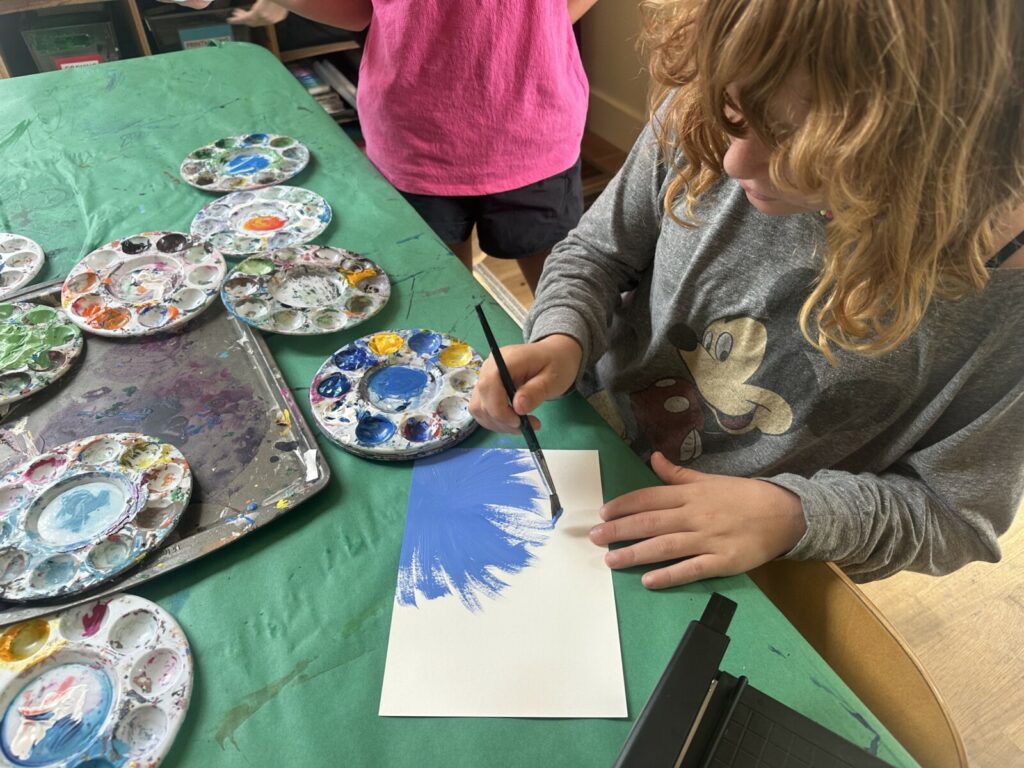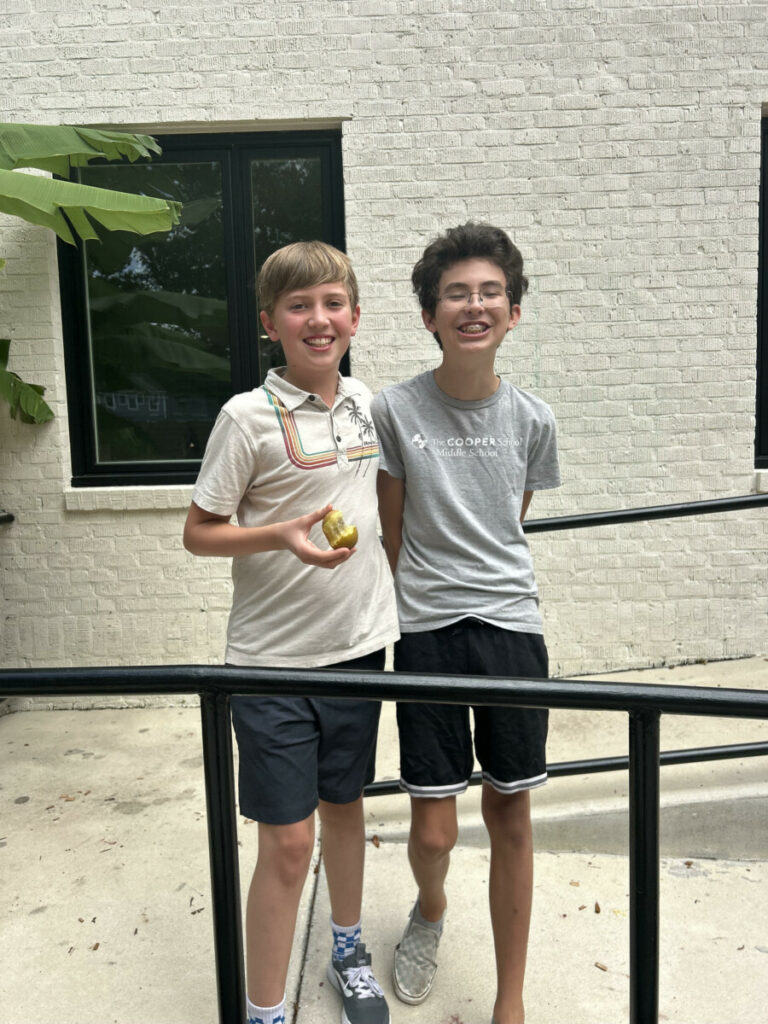
There is a thrill of uncertainty and emotion that comes with planning a civil discourse curriculum for our middle school students. Adding this new element to our ELA classes has certainly kept me up at night. I feel the urge to engage their minds with issues and conversations that have a direct impact on their lives. I’m also attune to the tumultuous hearts and brains of middle schoolers. Can I trust them to handle hot button issues? I definitely felt my own hands clam up when we approached topics of who’s responsible for the environment, men’s roles in women’s rights, and how to navigate election reporting.
My own bundle of nerves made the resulting conversations taste even sweeter – these kids crushed it. I watched them hear each other’s opinions clearly, disagree in ways that sought to understand, and come to a closer picture of the truth. It made me wish I had a middle school heart and mind. As I placed different pieces of media in front of them, waiting for their response, I was so relieved to see them focus on things that the news often leaves behind or ignores completely. Depoliticized, humanized. They saw everything from a compassionate Cooper School lens, a lens that could admit to being unsure of the answer and commit to learning more, a lens that just wanted to slow down, understand, and help. They bravely requested further discussions on topics most adults would not touch (at least not without the online security of a brazen social media comment on a stranger’s post!).
I urge myself and this whole community to applaud these kids loudly. Ask them about the conversations they are having at school and help them unpack anything that might seem heavy. Let them impress you and teach you and give you the hope you’ve probably been looking for.
-MK
Math:
This week in Algebra 1, we used the data and statistics we can create from spreadsheets to create more data displays. We also discussed outliers and their effects on data displays. Next week, we’ll review and take our first math test which will cover one-variable statistics.
ELA:
8th grade writers took part in deep revisions of their technology argument essays. They considered thorough counterarguments and the importance of pacing in their writing as they moved towards a published piece. In Civil Discourse we discussed the concept of ethical reporting and politics, as well as how to bridge political divides.
Next week, writers will publish their pieces and present them as speeches to the class after a speech presenting workshop. We will have final class discussions in civil discourse based on student interest.
Social Studies:
The eighth grade class has enjoyed starting the American and French revolution. Our discussions and work have led to this point and the students began an independent project researching a particular aspect of one of these revolutions. Students will finish these projects and then come together as a class to see how these two events were alike and different and the impact one had on the other.
Science:
Eighth graders meticulously investigated acceleration this week. They considered how constant speed is not common in nature and that typically objects have a change in speed and direction. They videotaped a ball dropping to analyze the speed of the ball as it fell to the ground. The eighth graders then calculated the acceleration of the ball and considered the impact gravity has on objects. They also continued to research more about the influential scientist that they wanted to learn more about!
Important Dates:
September 7th – Family Fun Night @ The Charleston Battery
September 13th- Parent Coffee (8:15-9:00)







